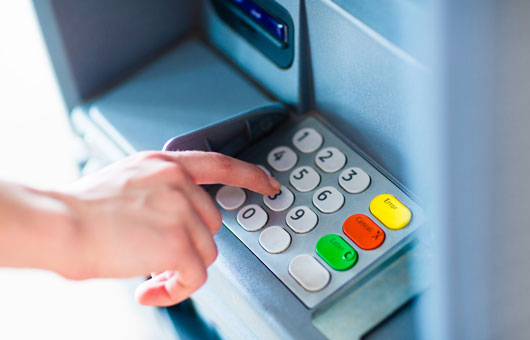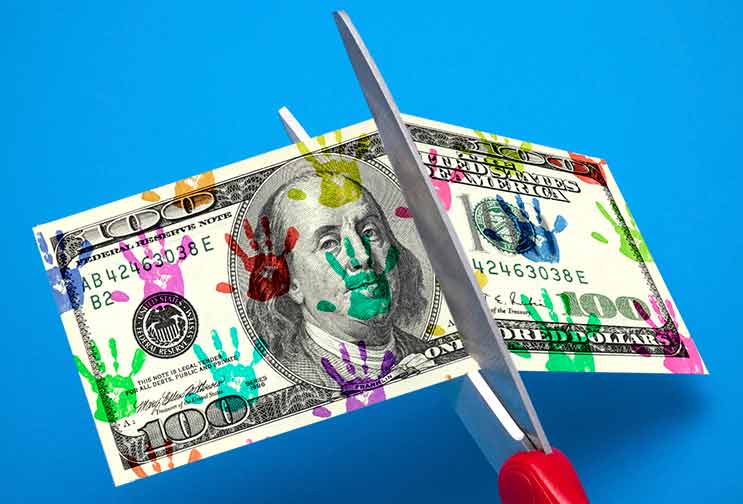
If you’re trying to achieve better money habits, it all comes down to playing hardball with yourself. First it takes recognizing episodes of emotional spending, years of an unkempt bookkeeping and an unwillingness to save. If you pinch a penny here and pinch a penny there, eventually you´ll save up for a rainy day. And that doesn’t mean you have cut your monthly expenses by half or live like a miser either. No savings is too small since it all adds up eventually.
When the nationally renowned financial planner, Suze Orman, was contacted by an Arizona mother whose family had acquired a significantly scary debt, she simply said: “There’s only one way to turn your situation around, spend less and or earn more and spend less.” If you´re in debt, Orman recommends paying two to three times the minimum due on your credit card bills each month. “You’ll pay down debt faster. Plus, pay for things in cash and get as much pleasure out of saving as you do spending. And finally, live below your means but within your needs,” added Orman. Does your hard- earned money need to be patrolled? Here are 10 ways to exercise better money habits.
1. Spend Money you Actually Have
One of the best money management tips we can give you is to work with a budget based on your net income (i.e. your income after taxes, healthcare costs and other expenses have been deducted from paycheck). Then spend with caution.
Read Related: Digi-Budgeting: 10 Great Money Managing Programs to Keep Your Cash in Check

2. Borrow an Outfit, Don’t Buy It
If you need a dress for a wedding or a special event, ask a friend if you can borrow something. Borrow the item for a few hours, launder it and save.
3. Don’t Rely on Credit Cards
Freeze those credit (put them in a bowl of water and into the freezer!) cards or cut them up. And avoid credit card cash advances or loans from friends or family each month. Aim for a “cash only” or a “mostly cash” budget.
4. Use the “Need or Want” Tactic
Before you whip out your wallet ask yourself, “Do I really need this, or do I just want it? Waiting a day to decide on whether to buy it will also tame the urge and bring you to your senses.

5. Make Checking in with You5r Monthly Budget a New Hobby
Review and update a monthly budget regularly, logging your expenses to make sure you’re staying within your budget. By constantly evaluating your budget, you’ll also get a more realistic sense of much you are spending on basic expenses and luxury items.
6. Lower Credit Card Balances
Keep chopping away at those pesky balances until you get to an amount that is reasonable (say $100-$500 dollars). If you don’t, you are throwing away up to 19% of the total.

7. Use Your bank’s ATMs
Some banks will charge you around $2 for using a machine other than theirs, in addition to a standard $1.50 charge for its use. Do the math: That’s $3.50 in additional charges. If you do that five times a month, you’ll lose $17.50 a month!
8. Eat What’s in the House, Don’t Food Shop
Another one of our favorite money management tips is to plan creative meals around what’s already in your pantry, refrigerator and freezer. This approach significantly reduces your grocery bill. And doesn’t waste food.

9. Save in your Entertainment and Dining Pleasures
Can you borrow that novel you want to read from the library and not buy it? If you subscribe to a video service, can you get a better DVD plan? If you buy coffee each day, can you bring it from home a few times a week?
10. Kick the Emotional Spending Habit
Introspection can be very helpful for overcoming any type of spending addiction. Practice mindfulness each time you find yourself upset and running for the nearest shopping mall and tell your friends and family to keep an eye out on you.











